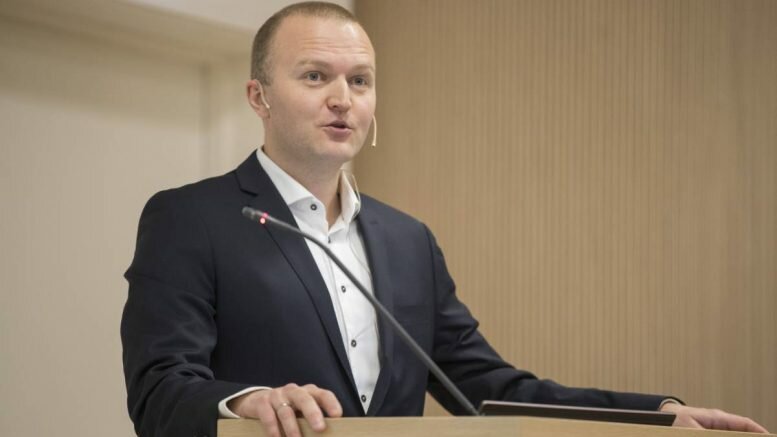The economic activity will pick up from the summer, as vaccination progresses and infection pressures decrease, Statistics Norway (SSB) believes. They expect a gradual rise in interest rates.
According to SSB, the sharp rise in house prices registered since March will probably help speed up the first interest rate hike.
Despite a sharp downturn in the Norwegian economy in connection with the corona pandemic, house prices have risen 8.3% from March to November.
The researchers also expect that activity will increase when the population has been vaccinated, and infection control measures can be eased. Then, interest rates will likely be raised.
“We expect the key policy rate to be raised gradually from mid-2021 to 1.0% in 2023,” SSB wrote in this year’s fourth report on economic trends.
Norges Bank lowered the key policy rate by a total of 1.5% points to 0% during the spring.
The record-low interest rate level has continued throughout the year. In its previous report, SSB signaled that the interest rate hike would probably not come until the end of 2022, but now they believe that the interest rate hike will come in about six months.
New infection control measures slow down recovery
In the report, SSB researchers further write that the Norwegian economy has largely recovered from the sharp fall in March and April, but that a new round of intrusive infection control measures in November is slowing down further recovery.
“Again, we are in a situation where it will get worse before it gets better. We assume that large parts of the population must be vaccinated before we can expect to see the economy return to normal levels,” researcher Thomas von Brasch at SSB noted in a press release.
It will probably take several months. But once that happens, the activity will return to normal.
Waves of infection and infection control measures will continue in the first half of 2021, SSB researchers believe.
Reduced use of oil money
During the year, the government has implemented several compensation schemes, also in connection with the latest wave of infections.
The structural oil-adjusted budget deficit is estimated at NOK 392.5 billion for 2020 in the budget. That corresponds to around 3.9% of the Oil Fund’s market value.
Statistics Norway believes that the use of oil money will be reduced down to 3% in 2022 and 2023 as activity in the Norwegian economy normalizes.
According to SSB’s calculations, unemployment will be at 4.8% in 2020 and then gradually fall to around 4% in 2022 and 2023.
In comparison, unemployment has been 3.7% on average so far in the 2000s.
Until next year, Statistics Norway expects annual wage growth to be 2.1%.
© NTB Scanpix / #Norway Today






Be the first to comment on "SSB: House prices in Norway rose by 8.3% from March to November. Interest rates will likely rise"